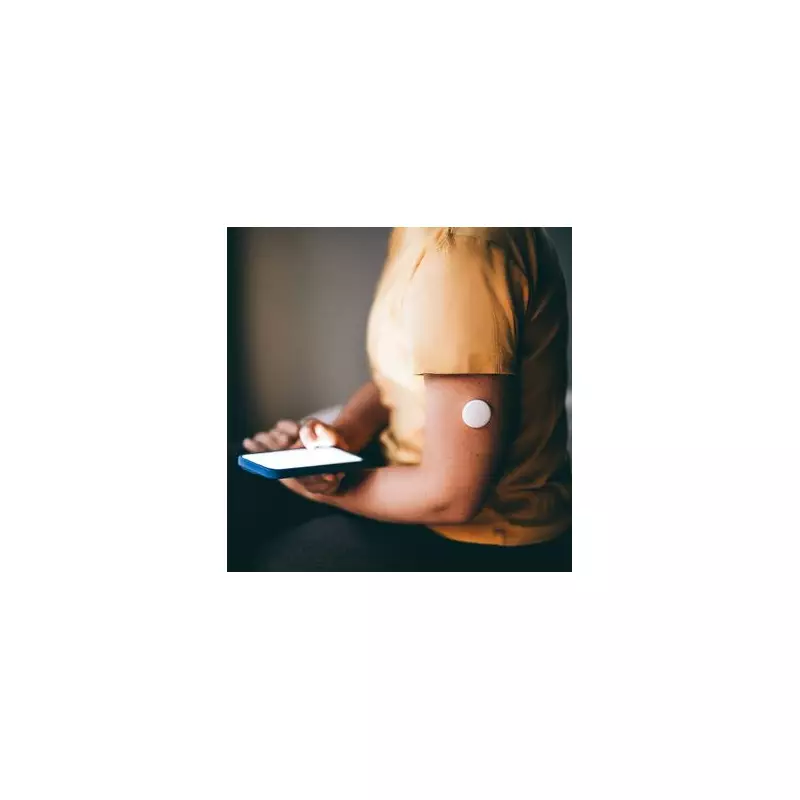
An NHS doctor is sounding the alarm on the easily-missed warning signs of type 2 diabetes that many people dismiss as harmless or unrelated. With millions potentially living undiagnosed, recognising these subtle symptoms could be a crucial step for early intervention and preventing serious complications.
Dr. Suraj Kukadia, popularly known as Dr. Sooj, is using his platform to educate the public on the body's quiet cries for help. He emphasises that diabetes often creeps in with signals so ordinary that they're frequently ignored.
The Sneaky Symptoms You Shouldn't Ignore
While frequent urination and excessive thirst are well-known, Dr. Sooj points to a set of less obvious signs:
- Persistent Fatigue: An overwhelming and unexplained tiredness that isn't relieved by rest, caused by the body's inability to properly use sugar for energy.
- Blurred Vision: Fluctuating blood sugar levels can cause the lens of your eye to swell, leading to temporary changes in eyesight.
- Unexplained Weight Loss: Shedding pounds without trying might seem positive, but it can be a red flag that your body is breaking down muscle and fat for energy.
- Increased Hunger (Polyphagia): Despite eating, you may feel constantly hungry because your cells aren't getting the glucose they need.
- Slow-Healing Cuts and Wounds: High blood sugar can impair blood circulation and damage nerves, significantly slowing the body's natural healing process.
- Darkened Skin Patches: A condition called acanthosis nigricans, which presents as dark, velvety patches of skin, often in the armpits, neck, or groin, can be a sign of insulin resistance.
- Recurrent Infections: Such as thrush or urinary tract infections, which thrive in a sugar-rich environment.
Why Early Detection is Critical
Dr. Sooj stresses that catching these signs early is paramount. Leaving type 2 diabetes undiagnosed and unmanaged can lead to devastating long-term consequences, including nerve damage, heart disease, kidney failure, and vision loss. The good news is that with early diagnosis, the condition can often be managed effectively through lifestyle changes, medication, and regular monitoring, allowing individuals to live full and healthy lives.
His vital message is simple: Do not brush off minor changes in your body. If you or someone you know is experiencing a combination of these symptoms, it is essential to contact a GP for a simple blood test. A quick check could make all the difference for your future health.





